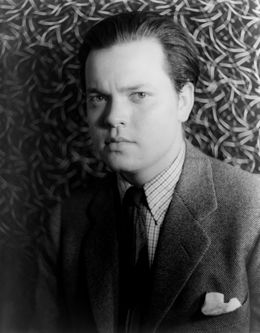
“The absence of limitations is the enemy of art.”
(quoted in The Movie Business by
Jason E. Squire, 3rd ed., New York: Simon & Schuster, 2004, p. 54)
This is a word especially for those of us in free worship traditions. We think our freedom from prescribed liturgies and service books as a boon to creativity. But in practice that freedom--that absence of limitations--is very often a creativity-killer.
You can't actually do anything without limitations. So what happens is that we end up employing unhelpful limitations, especially the limitations of "What's the latest thing?" or "What are other people doing?" or, "How did they do it in that YouTube video?" or, "What's the latest tech feature we can use?" or, in fact, "How have we usually done it?"
It's much better to consciously choose and accept your limitations and make a good use of them. So, for instance, if you plan your worship themes using a liturgical calendar (getting beyond Christmas and Easter, to include Advent, Epiphany, Pentecost, and so forth) you will probably be much more creative within those thematic limitations than if you are mostly just trying to come up with themes and series from scratch all the time.
Likewise, there is probably more creative potential in working within the limitations of consciously engaged cultures than in treating cultures as merely optional features. There are neither main dishes nor side dishes apart from cultures.

